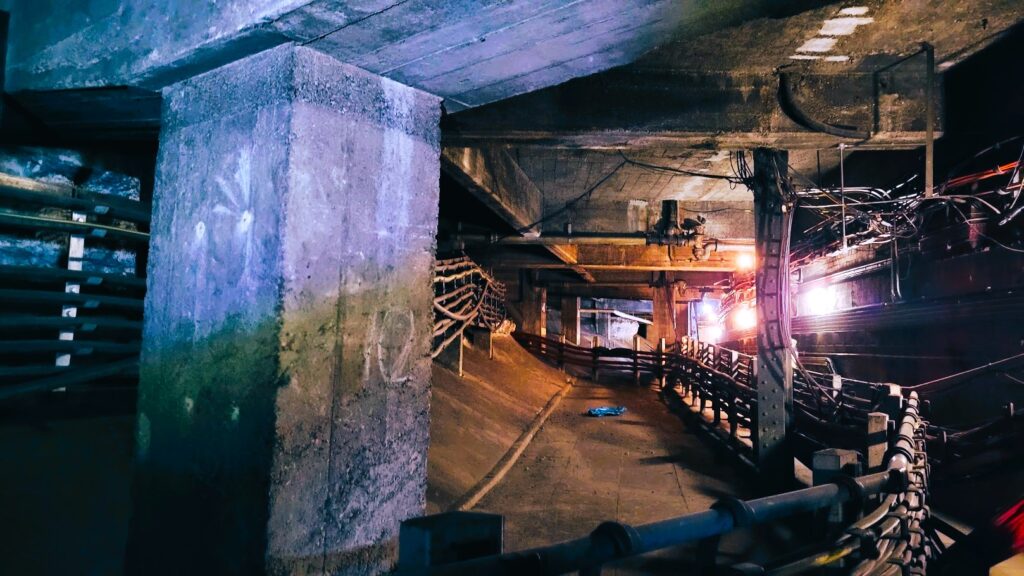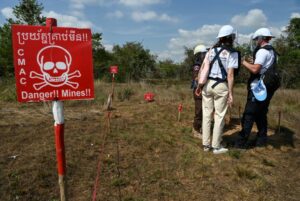Safeguarding businesses at night: Why CCTV surveillance can go wrong

At night security is important. — Image © Tim Sandle
For business premises that rely on closed circuit television (CCTV) as a security measure, keeping the system well-maintained and the associated software up to date represents an important part of effective maintenance. Even then there can be quirks. Not all of these relate to technology maintenance, however.
For example, have you ever noticed that your CCTV systems seem to spring to life after the sun sets? What are the reasons behind this nocturnal activity?
“Darkness magnifies curiosity, and our modern surveillance networks are no different,” Josh Gordon, Geonode Technology Expert tells Digital Journal.
Gordon adds that we might assume that the surveillance cameras we install around our workplaces consistently monitor throughout the day. Yet according to industry experts, a significant portion of modern CCTV systems exhibit increased activity during the night.
Beyond the simple reasoning of darkness being a cloak for illicit activities, there are some other reasons underpinning this phenomenon.
Enhanced Risk Perception
Darkness often brings a heightened sense of risk, making us more vigilant. This psychology extends to our artificial intelligence controlled instruments as well.
Gordon explains: “Large scale data suggests that crime rates often rise when the sun goes down, corroborating this perception. CCTV systems in residential areas are programmed to reflect this, often becoming more active in monitoring their surroundings during the night.”
Advanced Technologies
The advent of modern technologies has played a significant role in amplifying CCTV’s nighttime surveillance.
Here Gordon calls out: “Infra-red sensors, enhanced resolution, heat and motion detectors, these tech tools boost our CCTV’s capacity to “see“ in the dark. Josh Gordon asserts, “Night vision and motion detection technologies have drastically increased the applicability and effectiveness of surveillance systems after sunset”.
Programming Characteristics
Programmed to increase surveillance during periods of reduced visibility, today’s CCTV systems employ algorithms that utilize complex computations. Gordon adds: “This involves variables such as ambient light levels, time patterns and associated risks.”
Relevant Laws and Policies
In many jurisdictions, privacy laws during daylight are more stringent compared to the night. Gordon says: “This allows CCTV systems to stretch their operations more freely after dark, making them more active.”
Gordon explains further: “Understanding these aspects of your CCTV system can elevate your utilization of its features, especially if it seems to be working overtime while you’re sleeping.”
In terms of effective system maintenance, Gordon advises:
- Check system programming: Make sure your system is programmed to increase surveillance as per your specific needs and timing. If you are unsure how to do this, seek expert help.
- Utilize advanced features: If your system boasts features like night vision or motion detection, ensure you’re using them to their full potential.
- Stay law-compliant: Be aware of surveillance laws in your jurisdiction to avoid violations.
- Maintenance is significant: Regularly check your CCTV’s functioning; they’re only as good as their health status. Regular maintenance ensures durability and functionality.
Gordon concludes with: “As we return to our daily routines under the day’s light, our diligent CCTVs, our silent guardians, take a step back, retrieving their active watch once darkness begins to fall again.”
Safeguarding businesses at night: Why CCTV surveillance can go wrong
#Safeguarding #businesses #night #CCTV #surveillance #wrong





